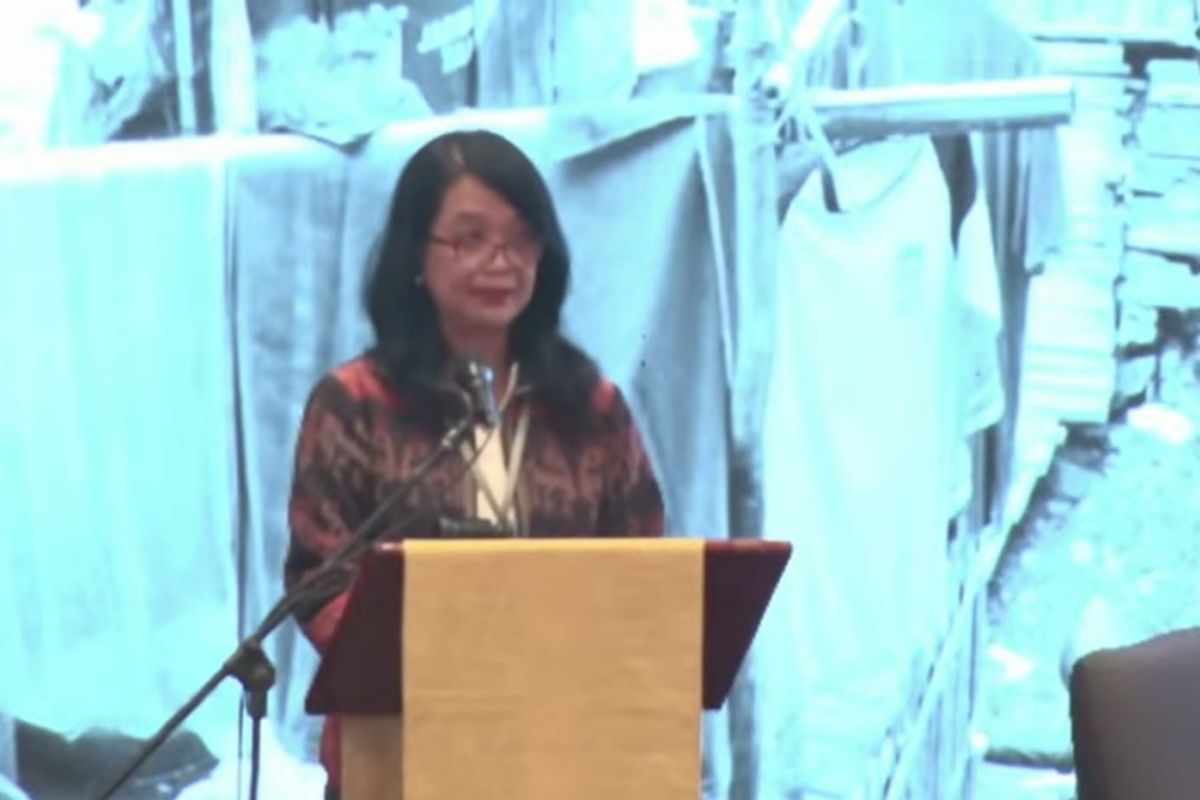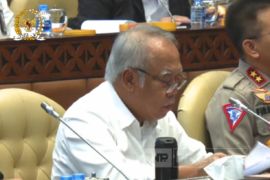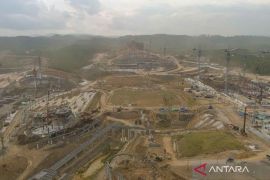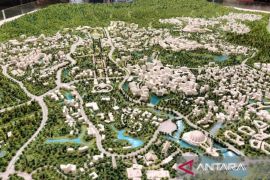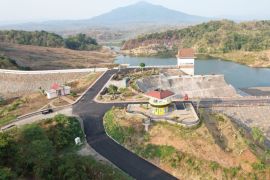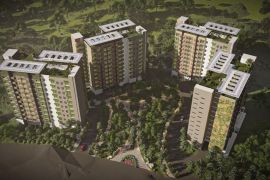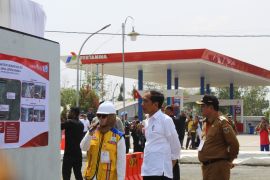"Efforts to deal with slums will continue to be carried out by the central government, local governments, and various stakeholders," the Ministry's Director General of Human Settlements Diana Kusumastuti stated here on Tuesday.
At the national workshop, titled "Actions for the Sustainability of Slum Management," Kusumastuti drew attention to several causes behind the emergence of slums with the first being low access to basic infrastructure.
"Among the factors causing slums to exist is the low access to basic infrastructure," she pointed out.
The second causal factor was low access to adequate housing finance, while third concerned security of the tenure that had not been guaranteed.
"Security is not guaranteed in the slums, as there are various kinds of theft and illegal drugs," she noted.
The fourth factor is inhabitable residential buildings, while the fifth cause is difficulties faced in the acquisition of land for settlement. Meanwhile, the sixth factor concerns the high and uncontrolled flow of urbanization.
"The Ministry of Agrarian and Spatial Planning and Land National Agency (ATR/BPN) must work with us on the difficult problem of land acquisition in this area. If the land is not clean and clear, we cannot continue development," Kusumastuti remarked.
Meanwhile, in order to accelerate the handling of housing problems and slum areas, she affirmed that the ministry is conducting the National Slum Upgrading Project (NSUP)-City Without Slum Program (KOTAKU) that was initiated in 2016.
The KOTAKU program aims to improve access to basic infrastructure and services in urban slums to support the realization of livable, productive, and sustainable urban housing.
The KOTAKU program, so far, has reached 11,332 villages in 330 cities and districts in 34 provinces.
In 2022, through the approaches of environmental-scale and area-scale infrastructure, the NSUP-KOTAKU program has reduced slum areas by 39,094 hectares.
Related news: Jakarta to rehabilitate 250 slum areas to improve public health
Related news: Sanitation improvement in slum areas reduces stunting cases: Ministry
Translator: Benardy F, Kenzu
Editor: Azis Kurmala
Copyright © ANTARA 2023
